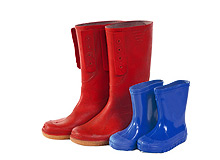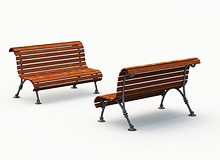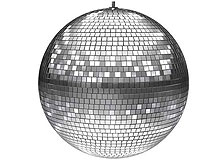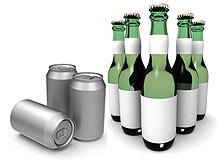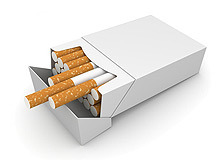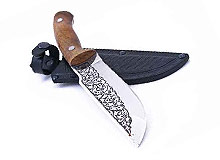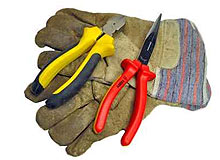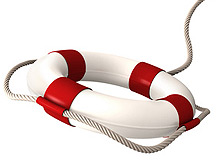As mentioned at the beginning, each Autonomous Community has its own system of protection of children, and in some Regions there are toll free direct support, but not all. Here is a list of phone numbers for each Autonomous Community:
·Andalucía: Teléfono de Notificación de Situaciones de Maltrato Infantil (900 851 818)
·Aragón: Instituto Aragonés de Servicios Sociales (976 715 602)
·Asturias: Teléfono del Menor (900 20 20 10)
·Cantabria: Dirección General de Servicios Sociales (942 20 77 76)
·Castilla – La Mancha: Dirección General de la Familia (925 28 70 96)
·Castilla y León: Dirección General de Familia (983 410 989)
·Catalunya: Telèfon Infància Respon (900 300 777)
·Ceuta: Servicios Sociales (956 504 652)
·Comunidad Valenciana: Direcció General de Família (963 428 500)
·Extremadura: Teléfono de Ayuda a la Infancia y a la Adolescencia (900 20 20 10)
·Galicia: Telefono do Neno (112)
·Illes Balears: Servei de Menors (971 17 74 00)
·Islas Canarias: Dirección General de Protección del Menor y la Familia (922 47 45 22 / 928 30 62 00)
·La Rioja: Dirección General de Política Social (941 291 829)
·Madrid: Instituto Madrileño del Menor y la Familia (91 580 34 64)
·Melilla: Fundación ANAR (900 20 20 10)
·Murcia: Dirección General de Familia y Menor (968 36 20 81)
·Navarra: Dirección General de Familia, Infancia y Consumo (948 292 952)
·País Vasco: Atención telefónica ZUZENEAN (012)
The general emergency phone number is 112, the fire department, the number 085th
The police is available 24 hours a day at number 091
German Embassy
Calle Fortuny 8
28010 Madrid
phone: + 34 91 55790 00
fax: +34 91 31021 04
Emergency phone: 0034 91 557 9000
See: http://www.madrid.diplo.de/Vertretung/madrid/de/02/__Botschaft.html
